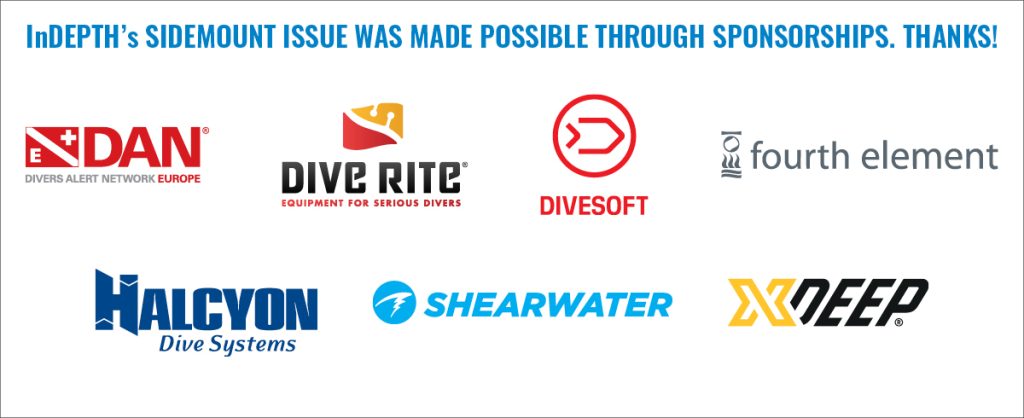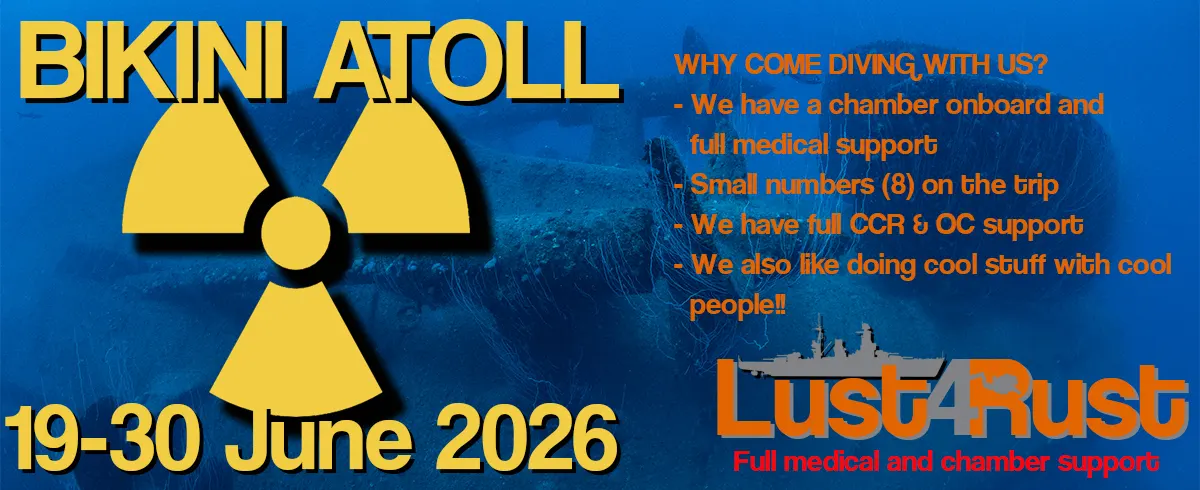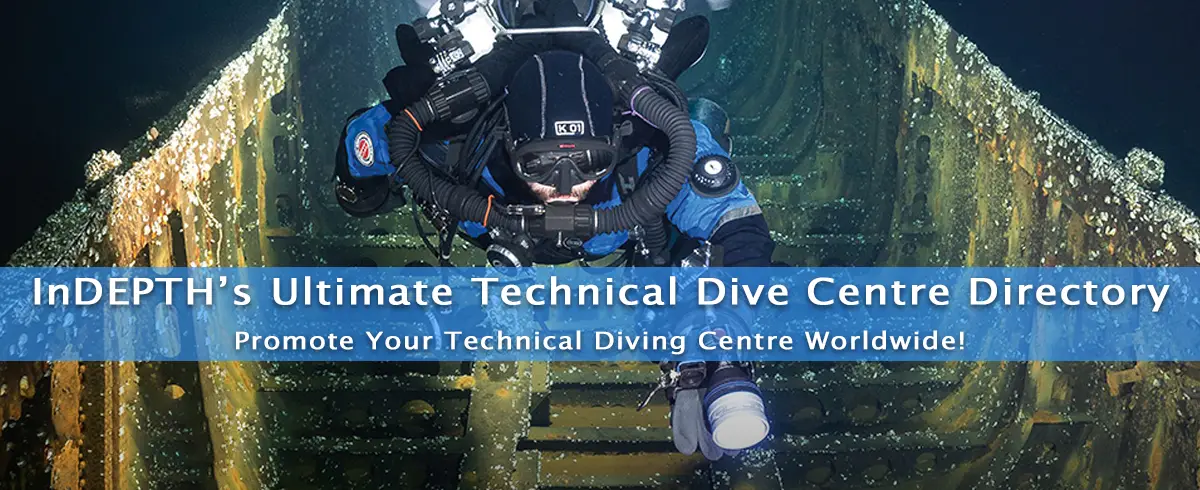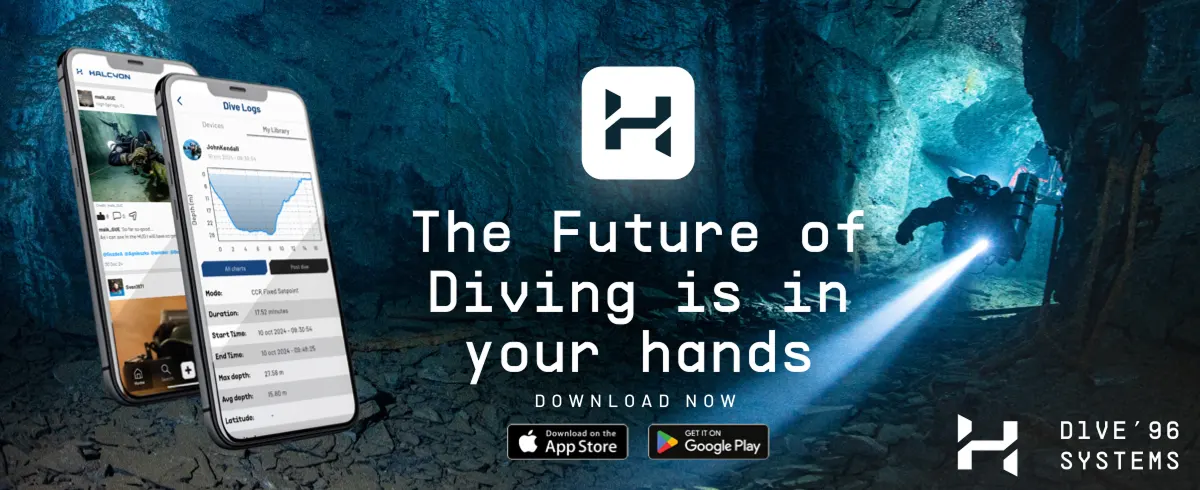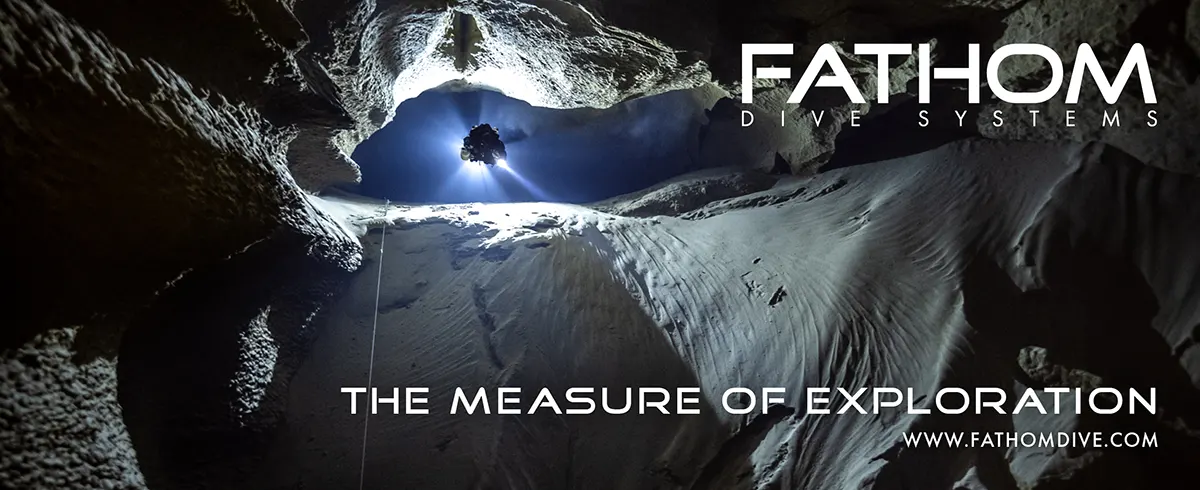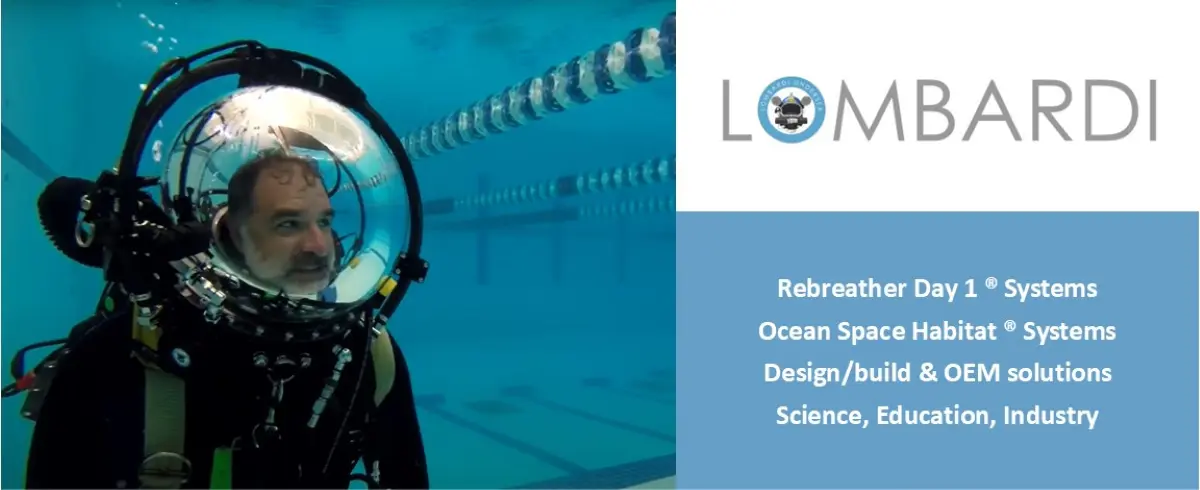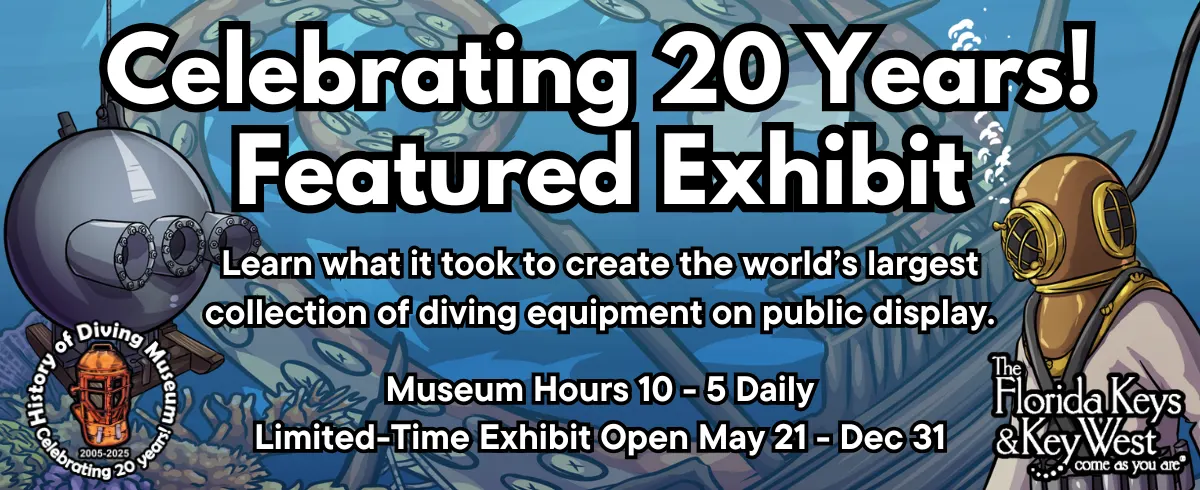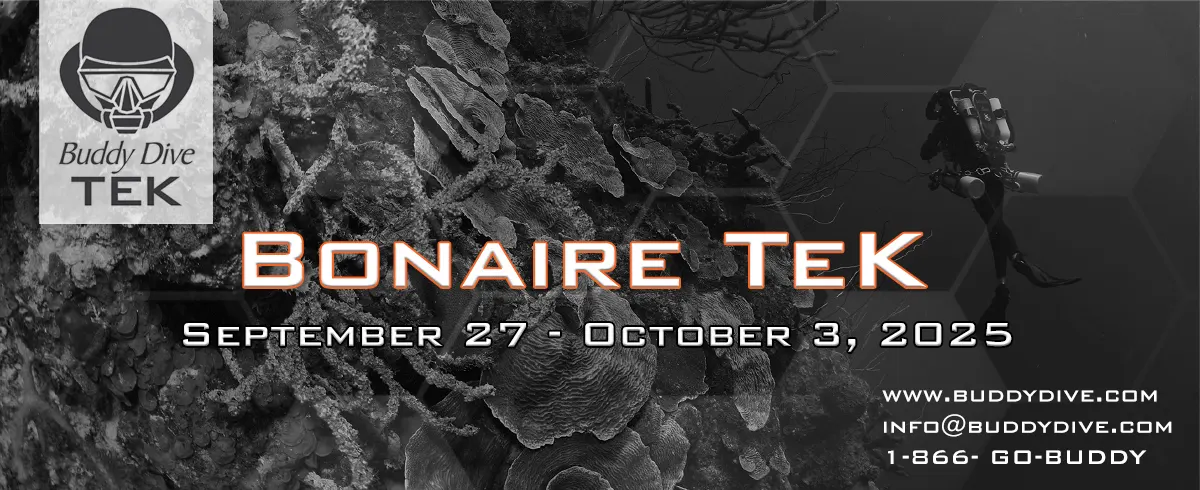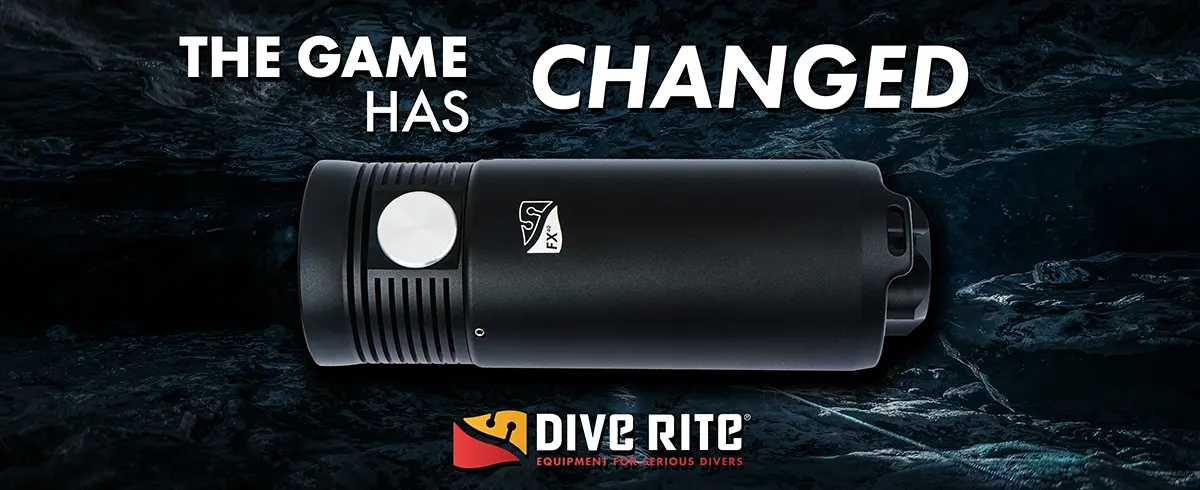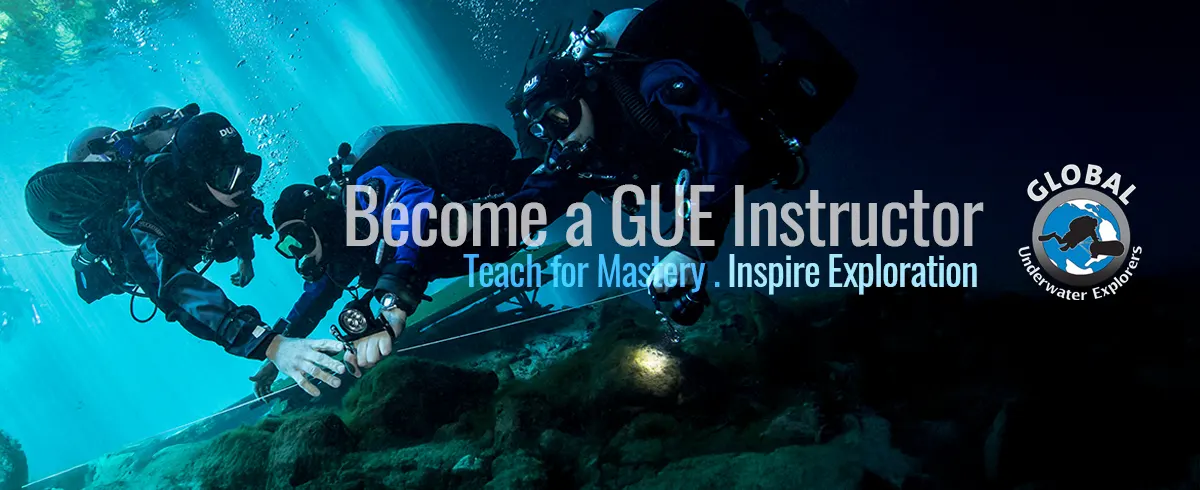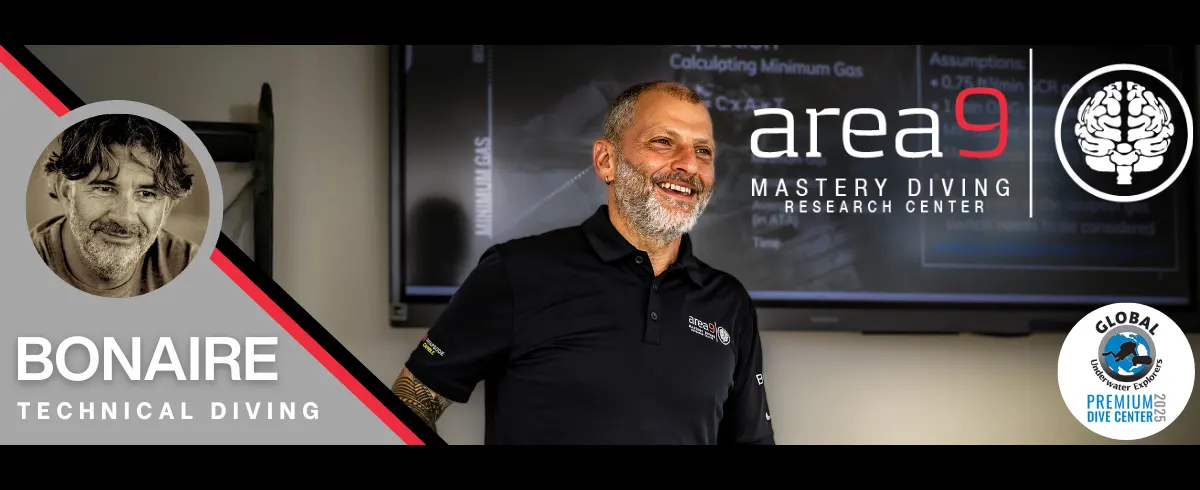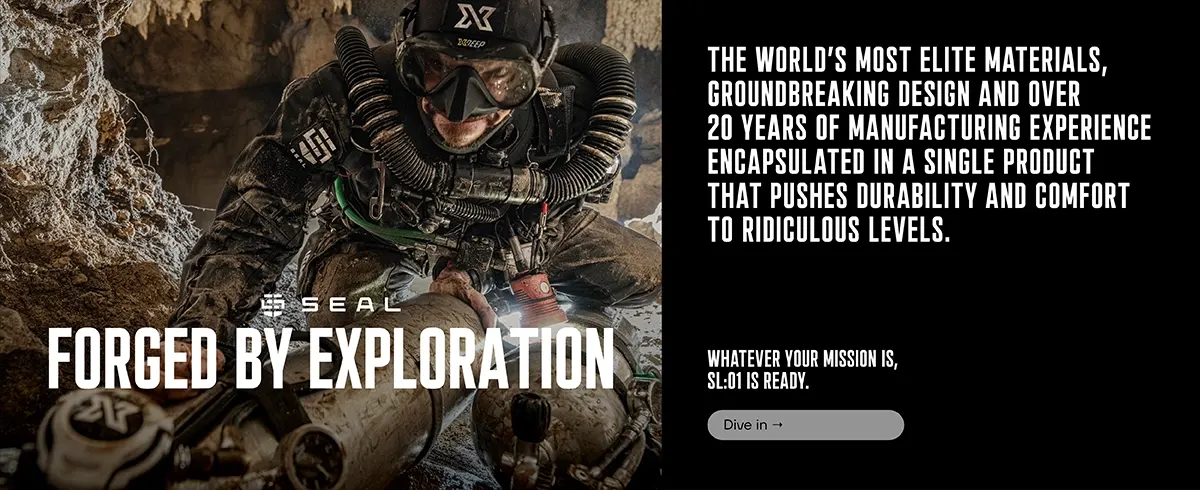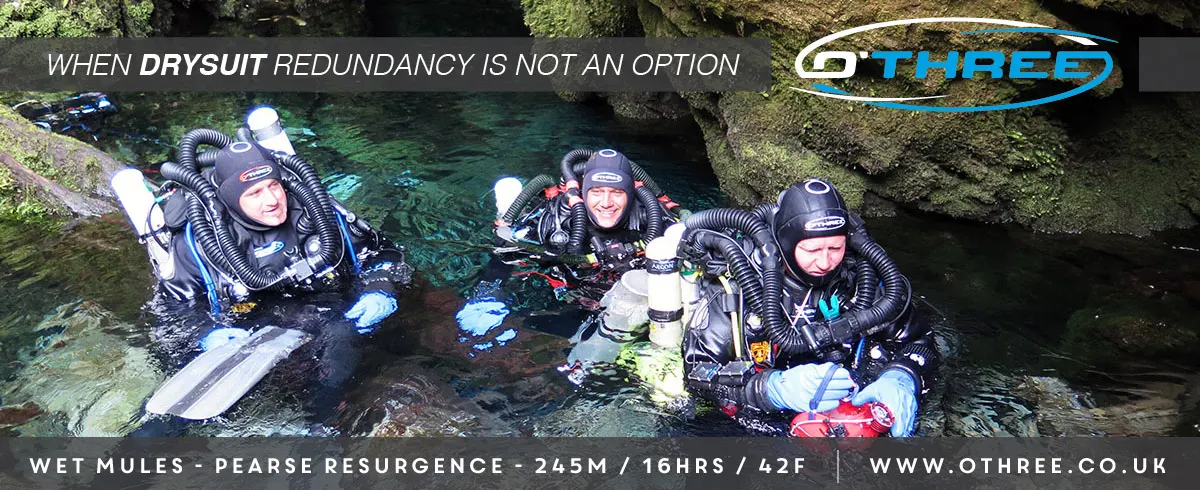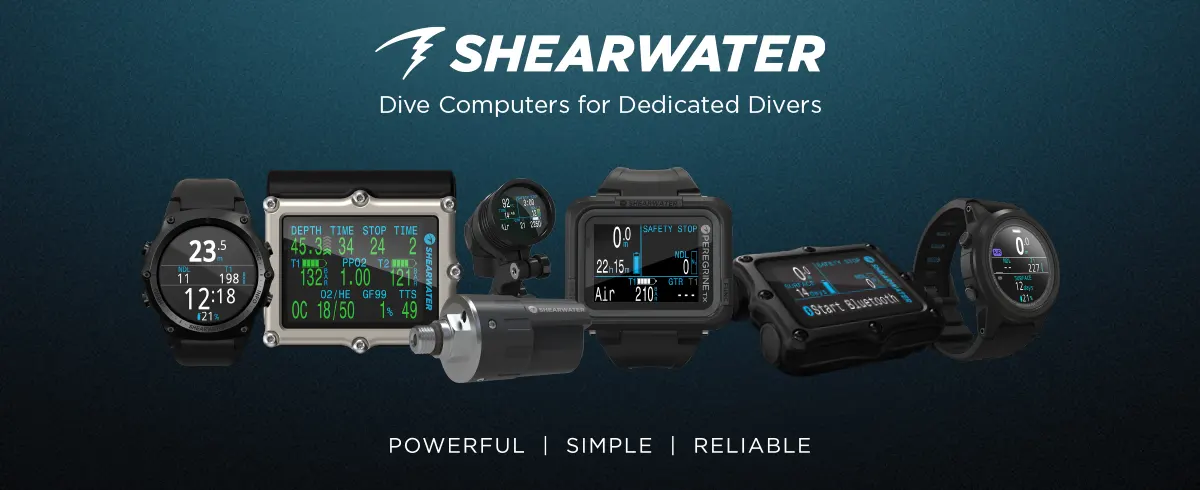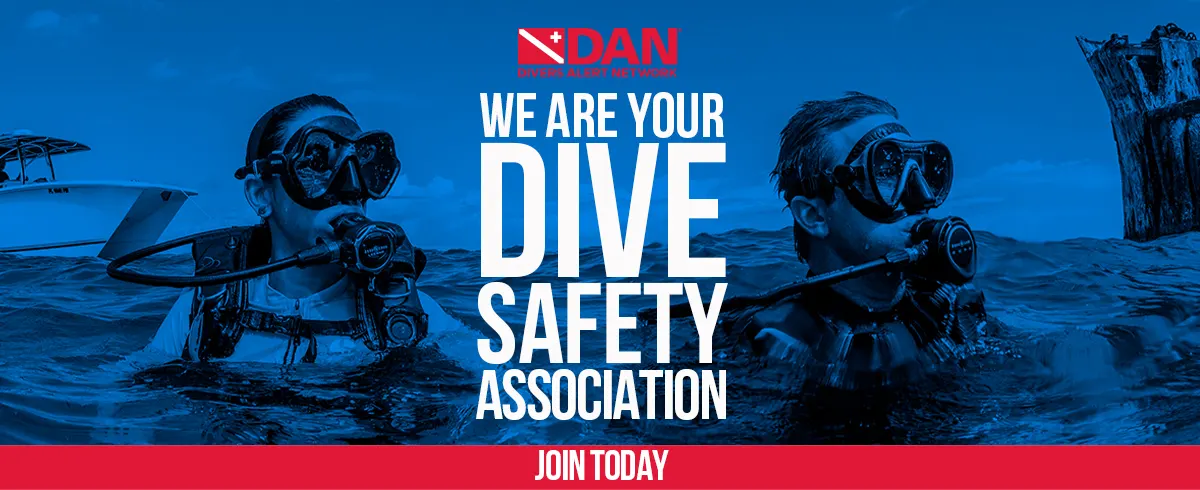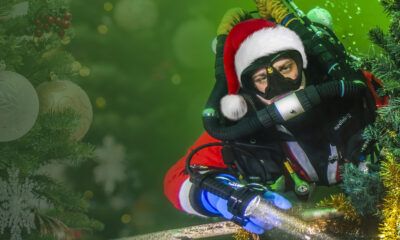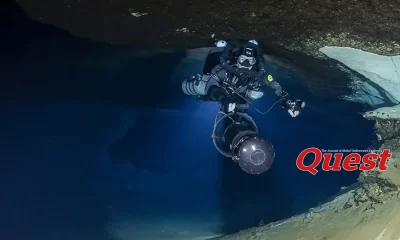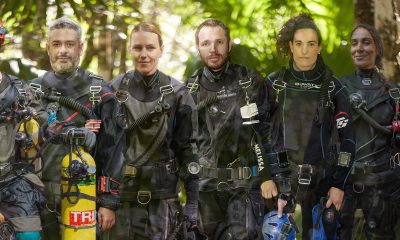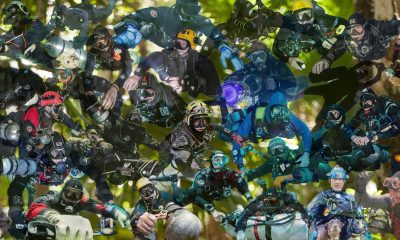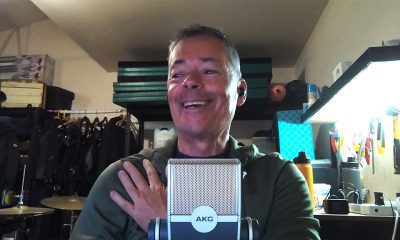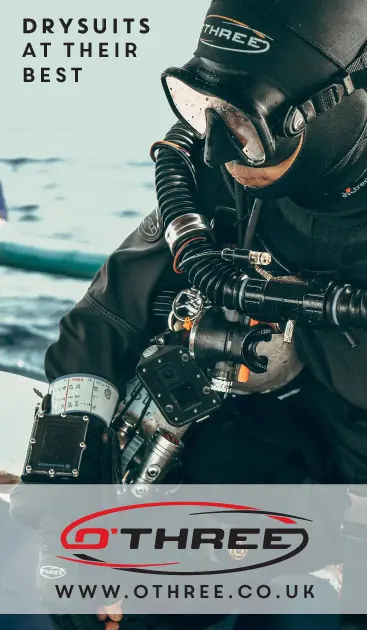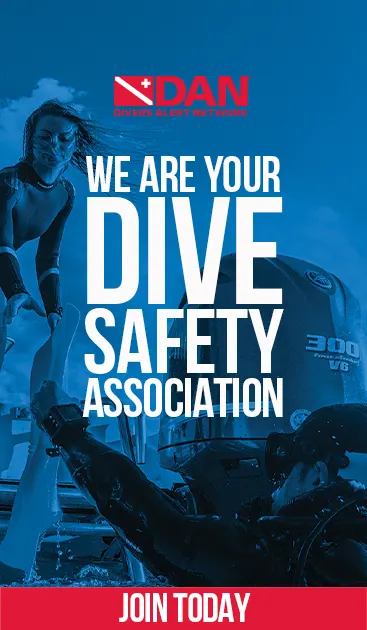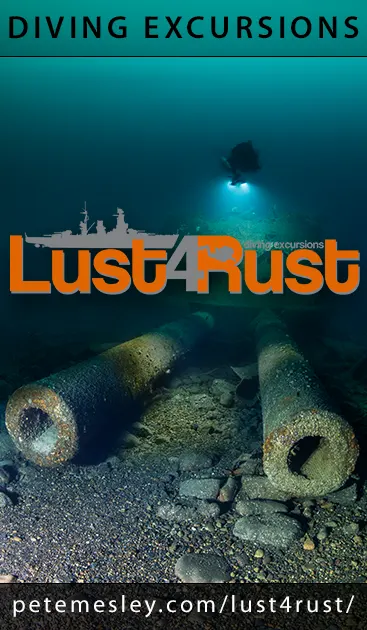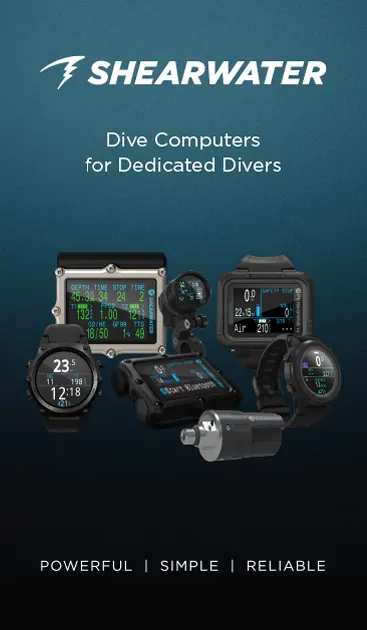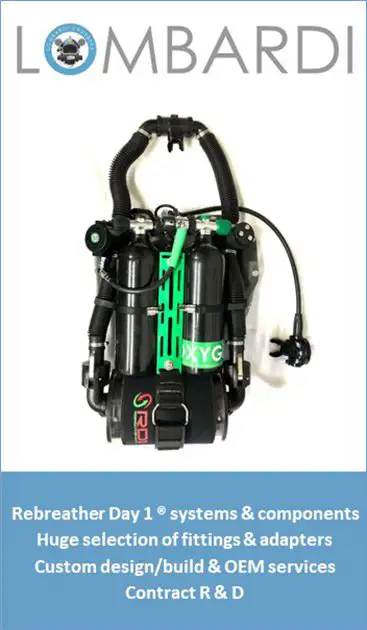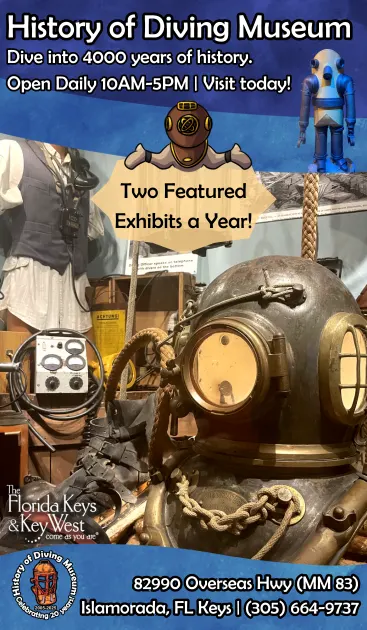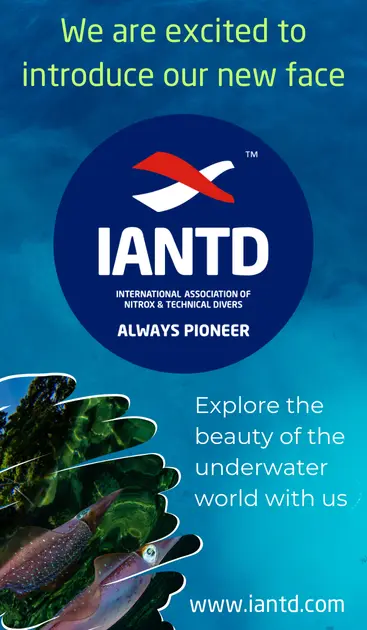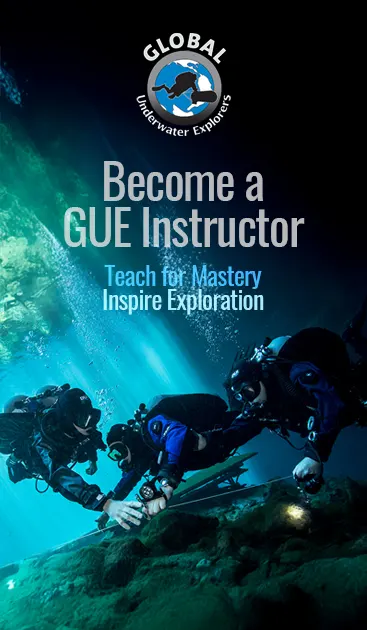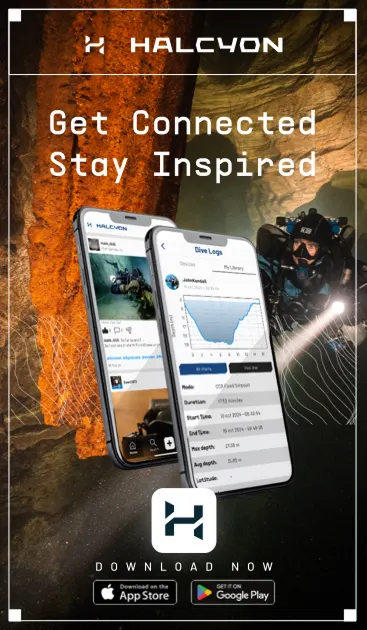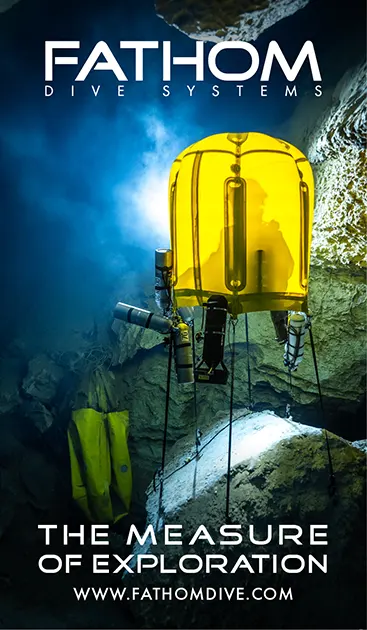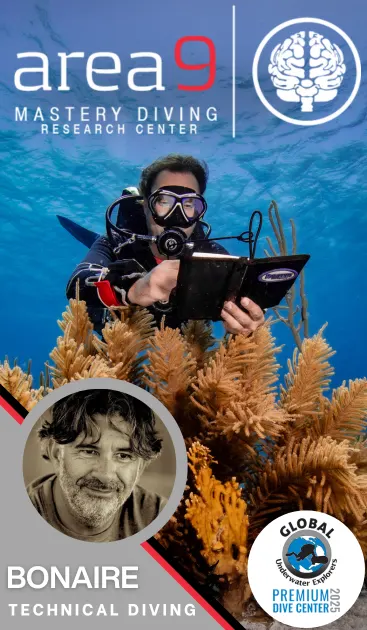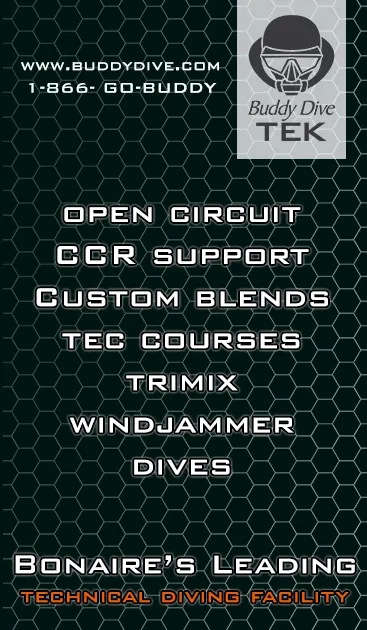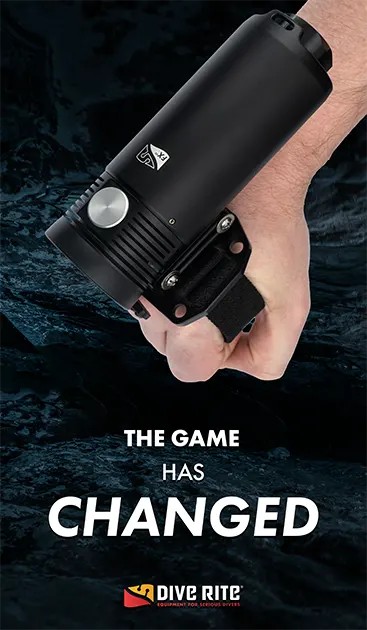Community
The Who’s Who of Sidemount

Andy Davis
Owner of Scuba Tech Philippines, Andy is a RAID, PADI TecRec, ANDI, BSAC, and SSI-qualified independent technical diving instructor who is best known for his many articles on sidemount and wreck diving and his prolific contributions to sidemount groups and forums. This passionate educator has a unique ability to break down the complexities of sidemount diving and deliver it in a way that makes it easy to understand and implement.
What is sidemount to you?
With its own pros and cons relative to other equipment solutions, sidemount is just another configuration. What I value from it is primarily that it enables access to confined overhead areas that would otherwise be impenetrable to back mount. That said, I also feel that sidemount is sublimely enjoyable to dive; it remains stable in any physical orientation, doesn’t impede spine flexibility and becomes a part of the diver without any inertia effect.
What can be improved in sidemount in general?
I feel that sidemount is evolving through a process of best-practice refinement; similar to how back mount open-circuit diving was developed to its current, near universal, state. Great minds think alike; and that can be seen in how near-identical configuration, protocols and procedural solutions have arisen to address the problems that sidemount posed. I believe sidemount is currently at a stage where those best practices simply need to become more standardized across the sidemount community. Perhaps the biggest hurdle being overcome is the fundamental differences in approach to steel and aluminum cylinder sidemount diving: Floridian versus Mexican styles of sidemount I think that the latest design of sidemount BCDs, typified by the XDeep Stealth, have taken the first steps to reconciling those fundamental differences.
Was there an epiphany moment for you with sidemount?
If I had to indicate a single instance of dramatic awakening in my sidemount journey, it’d have to be my first in-water impression. Even while my configuration was very sub-optimal at the outset, using homemade equipment from converted wings, it was immediately apparent that sidemount had opened up a multitude of new exploration possibilities at sites I’d already well explored. Moving forwards from that first impression, it’s been a year-by-year process of incrementally increasing my understanding and expertise. There’s been many ‘lightbulb’ moments along that path; as experimentation and practice has led to a more fundamentally principled awareness of how and why the system works most effectively.
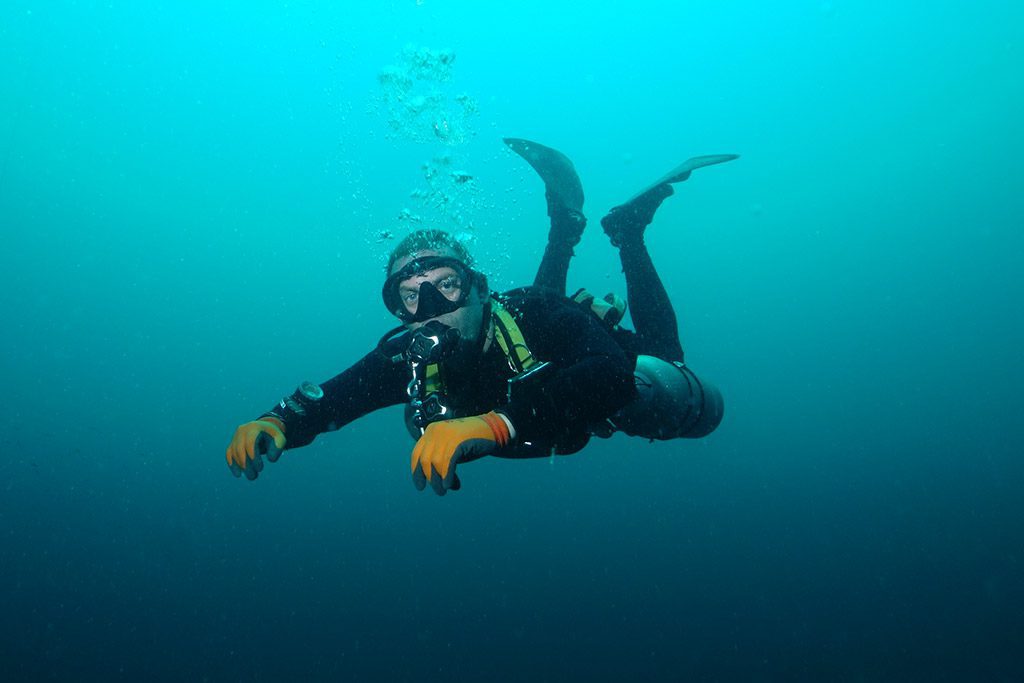
Why are most people in trouble with their basic gear setup?
Sidemount configuration can be very nuanced in terms of the principles that need to be applied. That requires a level of attention-to-detail that either takes a long time to learn, or demands a great deal of instructional expertise at the outset. The mindset for configuration has to be quite technical in nature; and that mindset isn’t always developed amongst recreational divers and instructors. That said, I’m positive from seeing an increasing level of refinement in sidemount instruction over the last decade. There’s vastly more information available nowadays, and that availability is having a good effect in setting higher standards and expectations.
What’s your Golden rule for sidemount rigging?
There’s a handful of different core principles that need to be understood for optimized sidemount configuration. If I had to clarify one ‘golden rule’, it’d be that sidemount configuration has to be fundamentally driven by those principles. Developing sound knowledge of those principles at the outset saves months or years of unsatisfactory diving experience and avoids an endless cycle of tweaking, adapting and adjusting one’s kit. With the right knowledge in place, a diver should be near-optimal the first time they get into the water in sidemount.
Return to: The Who’s Who of Sidemount
DIVE DEEPER
InDEPTH: The Evolution of Sidemount System Design: Two Distinct Paths Shaped by Florida and Mexico By Andy Davis
Scuba Tech Philippines: Andy Davis Sidemount Technical Wreck Diving Blog
